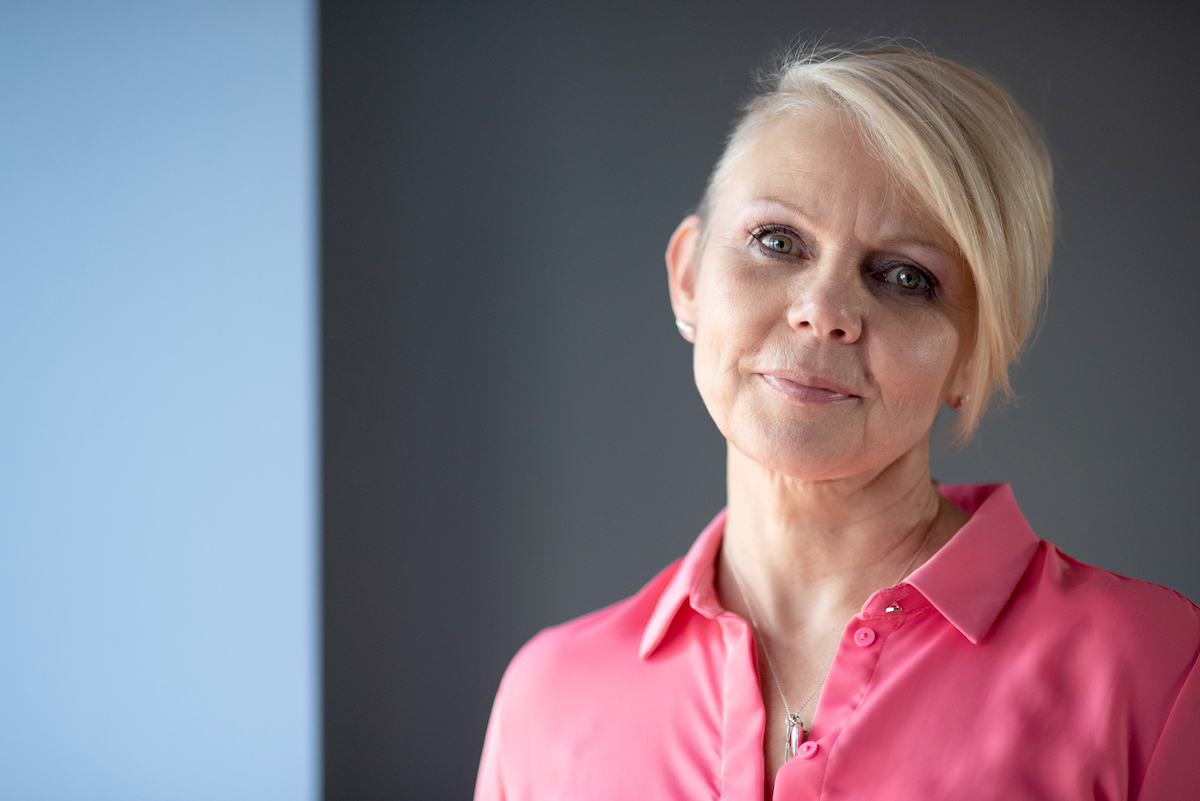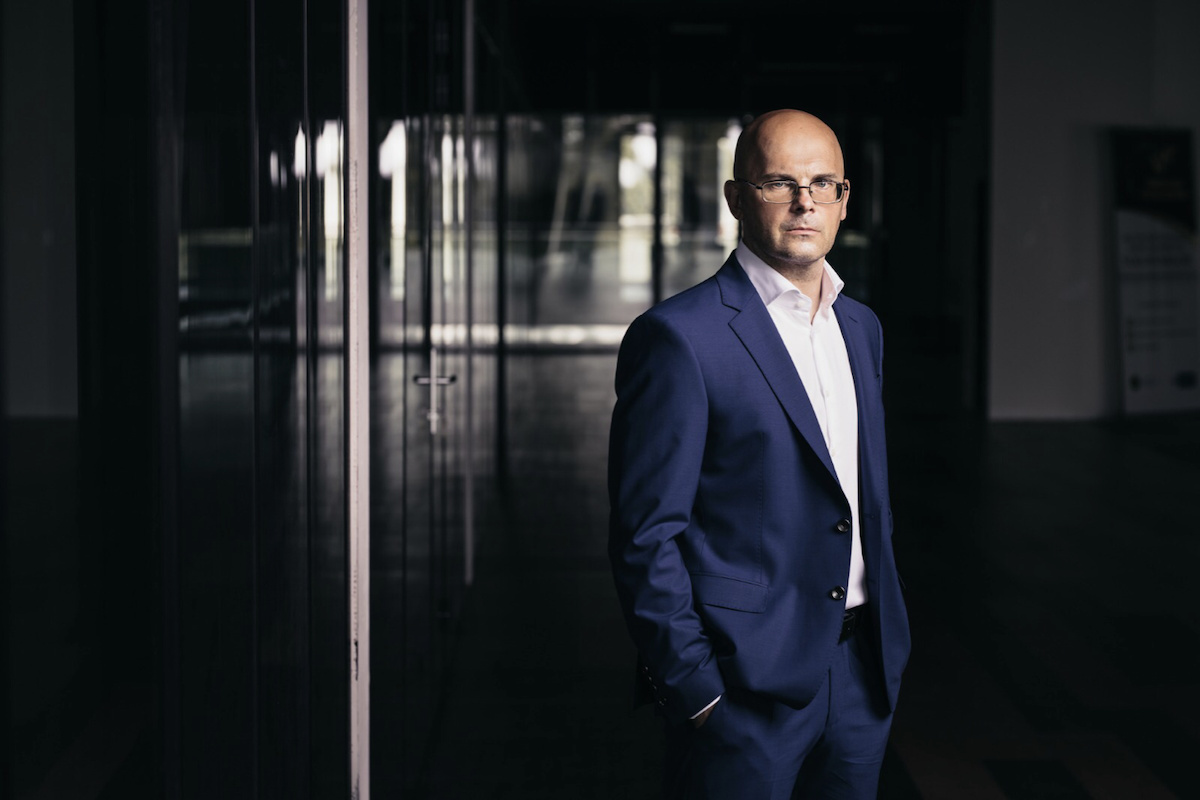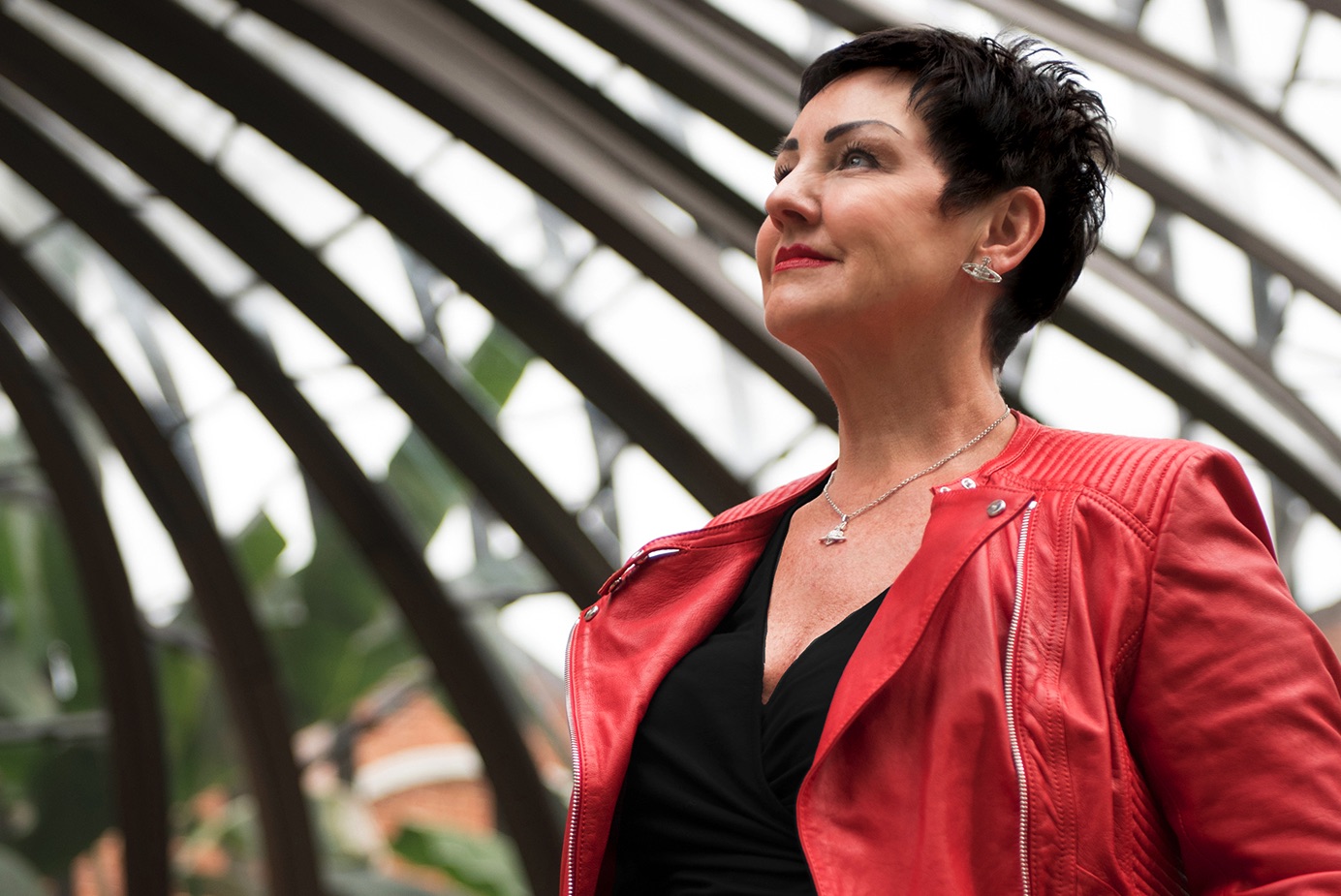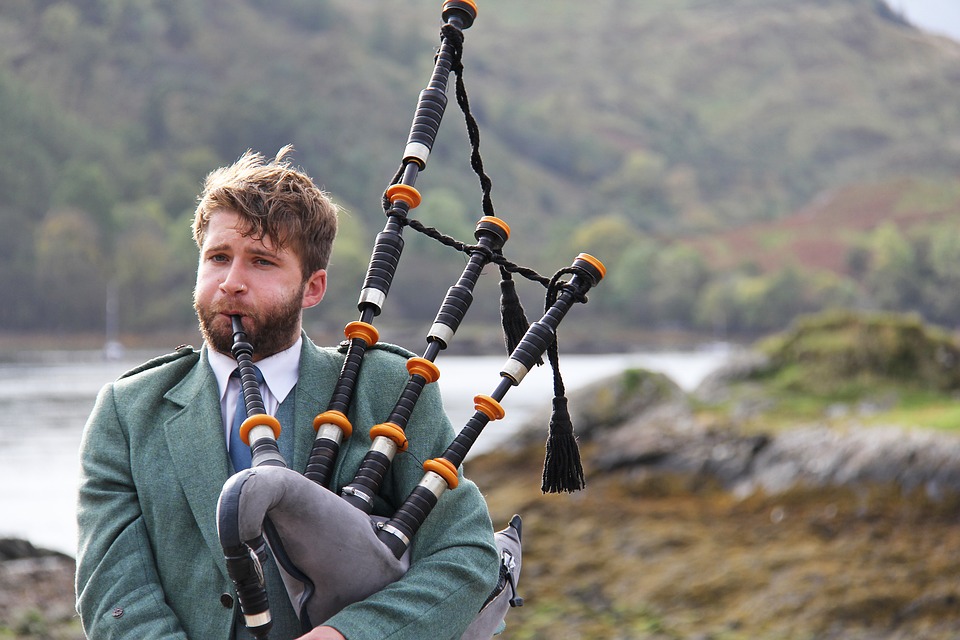
Parenting expert Jane Evans has welcomed a survey asking parents about how to improve the happiness, health and prospects for very young children – however she says it’s not all about more money or services.
The Duchess of Cambridge has this week launched a survey with the NSPCC about parenting for young children in a bid to improve life chances for today’s babies and toddlers.
She has said that the aim is to ‘spark a conversation’ to create lasting change and it will also provide valuable insight for the charity.
In the survey, called Five Big Questions, participants are asked for their opinions on what influences development and what period of childhood is the most important for a child’s happiness.
Catherine believes ‘many of society’s greatest social and health challenges’ could be ‘mitigated or entirely avoided’ if young children are given ‘the right support’.
Kate Stanley, from the NSPCC, says the duchess’s survey will ‘provide fascinating insight into how we think about the early years and it will be a vital source of information for the sector’.
Jane, who lives in Chippenham, Wiltshire and who has worked with parents and children for decades, feels that the questions in the survey require someone to be able to think deeply about their parenting skills when many parents cannot or will not do that. They may give the ‘answers they feel are required’ rather than answer honestly. They may also not understand themselves how their own early years’ experiences might have affected their own lives.
“I’m glad the Duchess is backing this very serious conversation. Many of us have been talking for years about how we need to engage differently with children – and the adults who have not had their needs met during childhood.
“For me this is not about blaming people for bad parenting, it’s about understanding what can influence a child’s health and happiness long term and then interrupting negative patterns.
“All of us know of families where problems trickle down through generations, passed on by adults who just don’t understand that their behaviour is absorbed by the babies and children around them. We can see this very simply borne out in programmes on television such as Long Lost Family when often babies who never knew their birth parents don’t feel quite ‘right’ as adults, even when they have loving parents. The same words keep coming up ‘I didn’t fit in’, ‘I never felt quite right’, ‘was I wanted?”. Every baby or child needs to feel loved deeply and without conditions by someone.”
Jane, who is a parent of a grown-up son and who suffered domestic violence in that relationship has lived through trauma herself.
“My five questions would be different, they would focus on the subconscious things we do to our children. If data leads us to call for more ‘stuff’ which requires more cash, then in today’s climate, not much will happen.
“If we understand that we as individuals can make a clear and present difference to a child’s life then that is priceless.”
Jane’s five big questions would be:
- How often do you feel able to hold, chat with and look at your baby/young child?
- How important do you believe it is to always respond to your baby and young child?
- How frequently do you find your baby/child’s emotional needs overwhelming?
- How hard or easy is it for you to ask for and accept help from others?
- Do you sometimes have someone who can listen to your feelings about being a parent?
Source: Britain Daily




